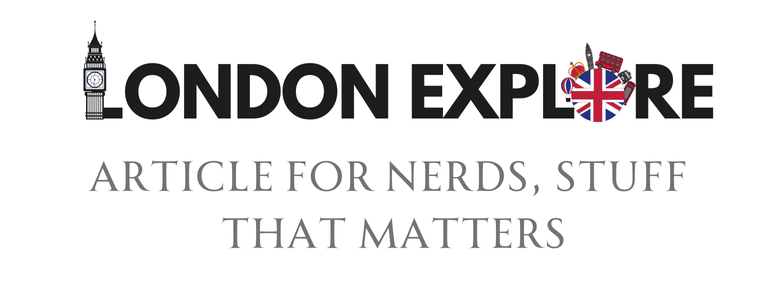Chinese President Xi Jinping and Russian President Vladimir Putin met in Moscow on Thursday, exchanging warm sentiments during a ceremonial welcome marking Xi’s 11th official visit to Russia. The meeting took place ahead of a military parade commemorating the 80th anniversary of the end of World War II.
After nearly four hours of discussions, Xi characterized the talks as “in-depth, friendly, and fruitful.” Putin echoed the sentiment, calling Xi a “dear friend” and describing the meeting as “warm and substantive,” asserting that the relationship between the two nations has never been stronger.
The summit underscored a growing alignment between Beijing and Moscow in opposing a U.S.-led global order. Their unified stance comes as President Donald Trump continues a trade war with China and urges Russia to engage in peace negotiations concerning Ukraine.
During the visit, the two leaders signed a joint declaration aimed at further strengthening bilateral ties. Putin also announced plans to visit China later this year to commemorate Japan’s surrender in World War II.
Xi praised the enduring nature of the China-Russia relationship, calling it a natural evolution of the historical bond between their peoples. “History and reality have fully proven that the continued development and deepening of China-Russia relations is a natural continuation of the longstanding friendship between our peoples,” he said.
Security concerns loomed over the events, with Ukrainian drone activity prompting temporary closures of Moscow airports. Serbian President Aleksandar Vučić’s flight was rerouted due to the disruptions. On the same day, a three-day ceasefire declared by Russia officially began, though both Moscow and Kyiv accused each other of ongoing attacks.
Ukrainian officials reported continued Russian offensives along the eastern front. Russia claimed Ukraine attempted to breach its border in the Kursk region. Ukrainian Foreign Minister Andrii Sybiha dismissed the ceasefire as ineffective, stating that Russian forces violated it hundreds of times in just 12 hours. He reiterated Ukraine’s willingness to pursue a longer ceasefire of at least 30 days.
Xi’s arrival was marked by a military band playing the national anthems of both countries. In a guest article for Russian media, Xi highlighted the historical military alliance between the two nations during World War II. He warned against “unilateralism, hegemony, and bullying,” suggesting that these dynamics still pose significant threats today. He called for opposition to power politics and advocated for a more cooperative future.
Speaking at Thursday’s joint appearance, Xi again criticized “hegemonic bullying” in global affairs, alluding to the ongoing tensions with the U.S. over trade and diplomacy.
Hopes within some U.S. policy circles that Washington might drive a wedge between Russia and China appear increasingly unlikely, particularly in light of Xi and Putin’s strong declarations of unity. China has served as a crucial economic partner for Russia during its ongoing war with Ukraine, and Kyiv has voiced growing concerns over Beijing’s indirect support for Moscow’s military campaign.
Xi’s visit also reaffirmed Beijing’s position on Taiwan, with strong backing from Russia. “Russia has repeatedly reiterated that it adheres to the one-China principle, that Taiwan is an inalienable part of China’s territory,” Xi wrote, adding that Russia supports China’s efforts to achieve reunification.
Meanwhile, Taiwanese President Lai Ching-te delivered a speech in Taipei, urging European leaders to stand with Taiwan against what he termed “a new totalitarian group”—a thinly veiled reference to China and its allies. Lai likened Taiwan’s current geopolitical position to that of Europe on the eve of World War II.
Western governments are increasingly alarmed that China may take military action against Taiwan in the coming years, viewing Russia’s invasion of Ukraine as a potential model for how such a conflict could unfold globally.

